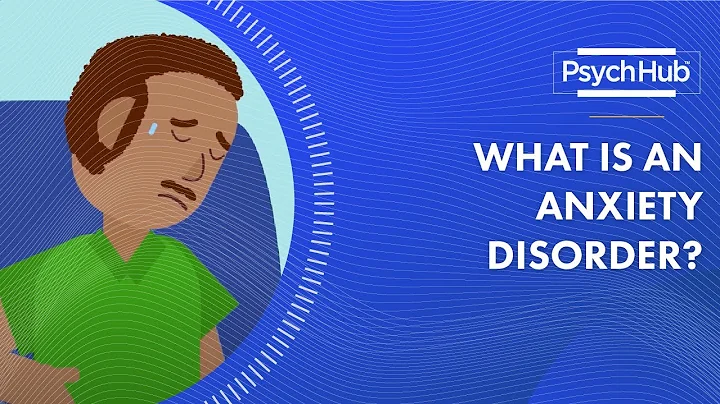
Use one word to describe the current study, that is anxiety. The word anxiety can be broken down into two aspects: one is anxiety; the other is mania. When we face the current learning, we are not quiet, calm and unhurried. We are often in a state of worrying about gains and losses, feeling sad or happy, anxious and manic emotions alternately.
The essence is that today’s learning is tied to too many interests. Our learning is too utilitarian. But we may rarely think about why utilitarian learning makes us anxious? What is its underlying logic? From the book "The Analects of Confucius", we can find the answer.
In the book Confucius often gives people a gentle and elegant feeling. In fact, Confucius in life was a man of all-round talents in both civil and military affairs. In terms of martial arts, Confucius was best at archery. Archery is also a sport most advocated by Confucius. In "The Analects of Confucius", Confucius said: "A gentleman has nothing to fight for, so he must also shoot! He bows and gives way to rise and drink. It is a gentleman who fights." "Book of Rites. Shooting Meaning" also records Confucius's insights on archery: "As an archer, the way of benevolence is to seek to rectify others, and then shoot after you have rectified yourself; if you miss the mark, you will not complain about the winner, but seek to rectify yourself." Confucius should have learned a lot from archery. Many of the principles of life are about learning.
In order to better understand learning, we can think of learning as a process of practicing archery. When practicing archery, we need to prepare many conditions, but we must first know where the target we want to shoot is. As long as the target is fixed and you practice frequently, you will basically be able to hit the target after a period of time.
But the problem is that there is something wrong with the archery target we are currently studying. We are not shooting at the target, but at the shadow cast by the target on the ground. Can we hit the target shadow? Of course it's possible. But the characteristic of the target shadow is that it keeps moving with the movement of the sun, it is not fixed. We hit the target for a moment, thinking it was the result of our own efforts, and we were ecstatic. But after a while, it was discovered that the shadow that was originally hit had deviated to another position. At this time, if you want to hit again, you need to find a new target. Hit again, move again, aim again, hit again, move again... In the process of repeating this cycle, we will naturally feel a sense of being out of control. Over time, your heart will become anxious.
How can we break this cycle? There is only one way, which is to readjust our learning goals. Find a real target instead of shooting at its shadow. To do this, you need to understand what is the real target in learning and what is the shadow of the target in learning. In the chapter "The Analects of Confucius·Zi Zhang ", Zixia said: "Hundreds of craftsmen live in a shop to accomplish their work, and a gentleman learns how to do it." This sentence comes from the Analects of Confucius, which means that Zixia said: "Craftsmen in various industries must [ A gentleman spends all day in the workshop completing his duties, and a gentleman should study [lifelong] to achieve the goal of realizing the Tao." Through this sentence, we can know that the learning advocated in "The Analects" is aimed at. road. But the current target of learning is all kinds of utilitarianism.
The learning advocated in The Analects of Confucius does not exclude utility. It just believes that if morality is realized, utility will naturally be obtained. Confucius in "The Analects" said this, "A gentleman seeks the Way, not food. Plowing is discouraged, and learning is rewarding. A gentleman is concerned about the Way, not poverty." This passage is translated into vernacular: Confucius often said Tell my disciples, if you practice archery with Tao as the target, you don’t have to worry about getting fame, fortune, and wealth. When you practice archery with Tao as the target, fame, fortune, and wealth are already approaching you. The gentleman's study I advocate does not take fame and wealth as the learning goal, but can naturally obtain utilitarian learning.
Confucius saw that morality and utilitarianism have a form-and-shadow relationship. Once we hit the moral target, no matter how the sun moves, our arrow will always hit the target's shadow. That is to say, once we obtain morality, we also obtain various utilitarian benefits.Confucius has been away from us for more than two thousand years. But the learning concept he talked about is also suitable for us. It's just a pity that too many people today no longer read "The Analects of Confucius" or cannot understand "The Analects of Confucius".





















